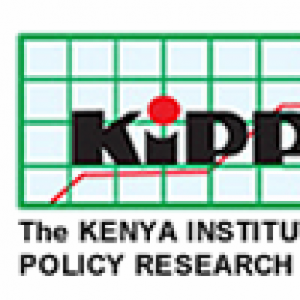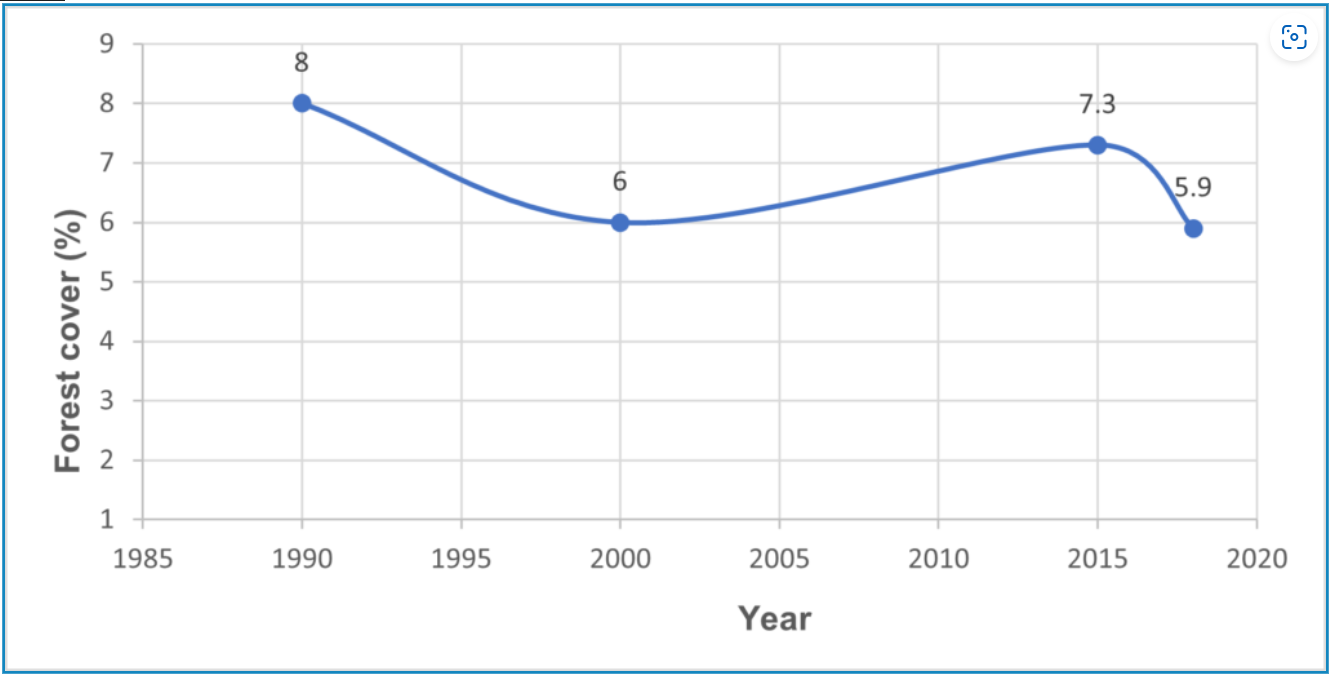Introduction
Each year on 25th November, the International Day for the Elimination of Violence Against Women is celebrated, following the Declaration on the Elimination of Violence Against Women issued by the UN General Assembly in 1993. The day calls for worldwide attention to the prevalent issue of violence against women. The day serves as a reminder of the need to combat gender-based violence, which is a common and widespread human rights violation. An estimated 736 million women globally are exposed to gender-based violence (GBV) at least once in their lifetime. GBV encompasses physical violence, verbal abuse, psychological violence, sexual violence, socio-economic violence, domestic violence, sexual harassment, and harmful cultural practices such as female genital mutilation and child marriage.
In Kenya, about 34 per cent of women have experienced physical violence since age 15 and 13 per cent of women have experienced sexual violence at some point in their lives (KNBS, 2022). Further, out of a total of 8,149 victims of sexual and gender-based violence (SGBV) crimes in Kenya in 2021, 92 per cent of these victims were female and 8 per cent were male (National Police Service, 2021). There are, however, many unreported cases of GBV due to threat, stigma, isolation, and social exclusion, which exposes the victims to further violence at the hands of the perpetrators. GBV occurs in families, workplaces, and schools and it involves a wide variety of agents, from family members, friends, intimate partners, to strangers. It knows no social, economic, political class or cultural confinement.
Gender-based Violence and Food Security
There is a significant link between GBV and food security. Although these two seem unrelated, they are interconnected in complex ways. Studies show multifaceted issues in relation to food security and GBV. Food insecurity can be a catalyst for GBV, exacerbating the vulnerability of women and girls to GBV; equally GBV perpetuates and deepens food insecurity.
Food insecurity increases the vulnerability of women and girls to (GBV) through a complex interplay of cultural, social, and economic factors. Women often have the primary responsibility for household food production and management in many societies. When food is scarce, there is increased economic pressure, making women economically dependent on male family members, thus creating power imbalances that could lead to increased vulnerability. Economic dependence and food scarcity can be exploited by perpetrators of violence, as women may fear reporting abuse due to the potential economic repercussions as some women may be economically dependent on their perpetrators. This means that reporting abuse may result in loss of support or resources. The fear of economic consequences could lead to a cycle of silence, allowing the perpetuation of GBV.
Food shortage usually intensifies competition for limited resources. As the struggle for food becomes more acute, tensions rise, and power dynamics shift. Stress, combined with food scarcity, could exacerbate pre-existing conflicts, and contribute to an environment conducive to GBV. Women and girls may be more vulnerable to GBV as economic pressure intensifies, creating a link between food insecurity and GBV. When faced with food insecurity, many communities may come up with coping mechanisms. In the face of food shortages, families may adopt coping mechanisms that further disadvantage women and girls. There has been reported cases of adoption of harmful practices such as early marriage, child labour or transactional sex as survival strategies and tactics, exposing women and girls to increased risks of exploitation and violence.
Food insecurity also causes displacements and disruptions. Whether due to environmental factors, conflict, or economic hardships, some communities travel long distances to look for food and water and resettle in new areas as communities look for food and pasture. Displacement often disrupts social structures and support systems, leaving women and girls more exposed to various forms of violence, including sexual exploitation and abuse. Food insecurity often limits access to education and especially for girls. Families may prioritize the allocation of limited resources such as education to male family members, leaving women and girls with the responsibility to look for food and water. This usually results in a higher likelihood of girls being withdrawn from school, limiting their access to education, and perpetuating a cycle of poverty and vulnerability.
GBV and in Food Insecurity
GBV perpetuates and deepens food insecurity by disrupting women’s ability to engage in productive activities. Physical injuries or psychological trauma resulting from violence may limit a woman’s capacity to contribute to farming or income-generating activities. The disruption directly impacts the household’s overall productivity, leading to decreased food production. Violence also has profound effects on the mental health of survivors. Anxiety, depression, and post-traumatic stress disorder are common consequences. Mental health challenges can hinder an individuals’ ability to cope with stress related to food insecurity, making it more difficult for them to effectively access and utilize available resources.
In environments where violence is prevalent, women may fear engaging in productive activities due to the risk of GBV. Women may avoid participating in income-generating activities such as agricultural work, businesses and any formal or informal employment to minimize exposure to potential GBV. This fear limits their economic independence and perpetuates a cycle of poverty, as women remain economically disempowered due to the threat of violence. This not only affects the well-being of individual women but also hinders the overall development of the household and the communities. In situations where the perpetrator controls access to food, women may find themselves in situations of food deprivation, leading to malnutrition and compromised health. Women who are victims of violence may be socially isolated, losing vital support networks that could otherwise help during times of food scarcity.
GBV can lead to forced displacement, whether within a community or through fleeing a violent home environment. Displacement disrupts established livelihoods and access to food resources, leaving survivors and their dependents in precarious situations with limited means to secure food. GBV also limits women’s agency and decision-making power within households. This limitation extends to decisions related to food production, distribution, and utilization. When women are marginalized in decision-making processes, their knowledge and views crucial for effective food security strategies are often overlooked.
Conclusion and Recommendations
Every year as we commemorate the International Day for the Elimination of Violence against Women, it is imperative to note that ending GBV is not only a matter of justice but a pathway to achieving food security and sustainable development in Kenya. The complex relationship between GBV and food insecurity needs a holistic approach that combines legal measures, education, economic empowerment, and cultural shifts. By breaking the cycle of violence, empowering women, and addressing the root causes of both issues, we can pave way for a society where women and girls thrive free from violence, contributing actively to agricultural productivity, economic development, and the overall well-being of communities.
To address the gaps identified, the following recommendations could serve to alleviate the GBV and help eliminate food insecurity.
- There is need for the government to implement comprehensive and integrated strategies to help address the complex interplay between GBV and food security in Kenya.
- Strengthening the enforcement mechanism of the existing legal frameworks, such as the Sexual Offences Act and the Protection against Domestic Violence Act, will go a long way in ensuring swift prosecution of offenders.
- The intensification of advocacy, education, and awareness campaigns by NGOs and civil societies will serve to underscore the devastating consequences of GBV and food security on individuals, families, and communities and act as agents of informing and reducing the vice.
- There is need for the government to focus on providing psychosocial and educational support for survivors and the community, ensuring accessible healthcare services, and fostering a culture of respect and equality to challenge harmful norms and attitudes.
- Women economic empowerment programmes through targeted agricultural programmes, including training, access to credit, and land ownership rights, is crucial for enhancing women resilience to violence and contributing to overall food security.
Authors: Joshua Laichena, Senior Policy Analyst, Productive Sector Department
Rachel Njenga, Research Assistant, Productive Sector Department





